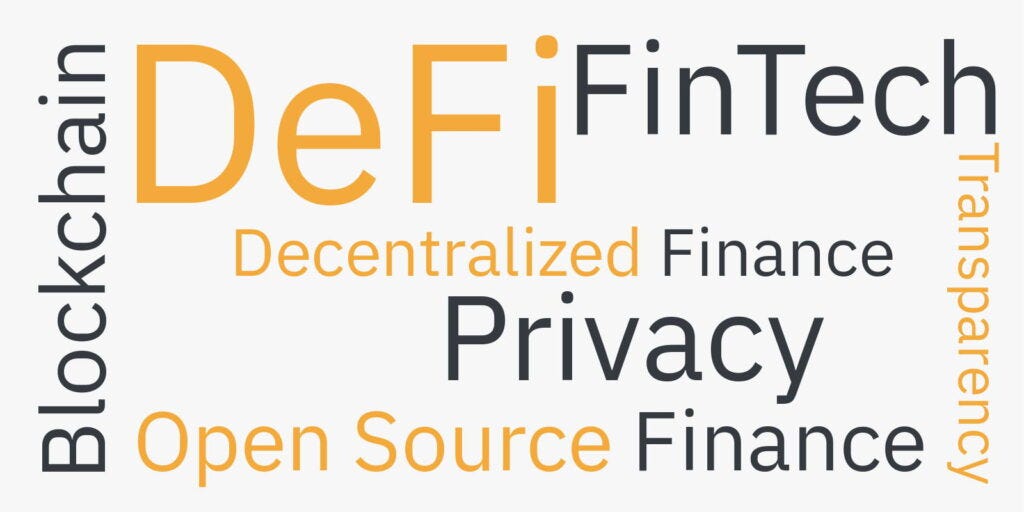Focus Keywords: Financial Innovation, Disruption, Personal Finance, Adaptation Strategies

Slug: financial-innovation-disruption-impact-strategies
Meta Description: Discover the impact of financial innovation and disruption on personal finance, and strategies for adaptation. Get insights now!
Alt Text Image: Financial Innovation and Disruption Concept
Financial innovation and disruption are reshaping the landscape of finance, introducing new technologies, business models, and opportunities. In this comprehensive guide, we’ll explore the intricacies of financial innovation and disruption, their profound impact on personal finance, and strategies for adapting to this dynamic paradigm shift.
Table of Contents
| Sr# | Headings |
|---|---|
| 1. | Introduction |
| 2. | Understanding Financial Innovation and Disruption |
| 3. | The Impact on Personal Finance |
| 4. | Strategies for Adapting |
| 5. | Conclusion |
| 6. | FAQs |
Embracing Change: Understanding Financial Innovation and Disruption
Financial innovation refers to the development and implementation of new financial products, services, and technologies that enhance efficiency, accessibility, and effectiveness within the financial ecosystem. Disruption, on the other hand, entails the revolutionary transformation of traditional financial practices and models by disruptive technologies and business models.
The Rise of Fintech: Redefining Finance
Fintech, short for financial technology, encompasses a broad spectrum of innovations, including mobile payments, peer-to-peer lending, robo-advisors, and blockchain technology. These advancements democratize access to financial services, empower consumers, and foster financial inclusion on a global scale.
Exploring Disruptive Technologies: Blockchain and Cryptocurrency
Blockchain technology and cryptocurrency represent disruptive forces that challenge conventional financial systems and institutions. Blockchain enables secure, transparent, and decentralized transactions, revolutionizing industries beyond finance, while cryptocurrencies offer alternative means of value exchange and investment.
Impact on Personal Finance: Navigating Challenges and Opportunities
Financial innovation and disruption have far-reaching implications for individuals’ financial well-being, influencing their saving habits, investment strategies, and overall financial outlook.
Empowering Financial Inclusion: Bridging the Gap
Fintech innovations facilitate greater financial inclusion by providing underserved populations with access to banking services, credit, and investment opportunities. Mobile banking apps, digital wallets, and microfinance platforms empower individuals to manage their finances and pursue economic advancement.
Redefining Investment Landscape: Embracing Digital Assets
The emergence of digital assets, such as cryptocurrencies and tokenized securities, introduces novel investment opportunities and diversification strategies. Investors can explore alternative assets, participate in decentralized finance (DeFi) protocols, and hedge against traditional market risks through digital asset investments.
Strategies for Adapting: Thriving in a Dynamic Environment
Adapting to financial innovation and disruption requires proactive measures, continuous learning, and strategic planning to harness the benefits and mitigate the risks associated with these transformative forces.
Cultivating Digital Literacy: Empowering Financial Literacy
Developing digital literacy skills is essential for navigating the evolving financial landscape and leveraging fintech innovations effectively. Individuals should educate themselves on emerging technologies, cybersecurity best practices, and digital financial tools to make informed financial decisions.
Embracing Innovation: Embracing Change
Embrace innovation by exploring new financial products, services, and platforms that align with your financial goals and preferences. Experiment with budgeting apps, automated investing platforms, and digital payment solutions to streamline your financial management and enhance your financial well-being.
Conclusion
Financial innovation and disruption herald a new era of possibilities and challenges in the realm of finance. By understanding the transformative nature of these phenomena, adapting to changing dynamics, and embracing innovation, individuals can navigate the future of finance with confidence and resilience.
FAQs:
Q: What are some common misconceptions about financial innovation and disruption?
A: One common misconception is that financial innovation and disruption only benefit tech-savvy individuals. In reality, these forces have the potential to empower individuals of all backgrounds by democratizing access to financial services and fostering greater financial inclusion.
- How does financial innovation impact traditional banking institutions? Financial innovation challenges traditional banking institutions to innovate and adapt to changing consumer preferences and technological advancements. Banks must embrace digital transformation initiatives, enhance customer experiences, and explore collaborative opportunities with fintech startups to remain competitive in the digital age.
- What are the potential risks associated with digital asset investments? Digital asset investments carry inherent risks, including market volatility, regulatory uncertainty, and cybersecurity threats. Investors should conduct thorough research, diversify their investment portfolios, and exercise caution when investing in digital assets to mitigate potential risks and protect their capital.
- How can individuals safeguard their personal information in the digital age? Individuals can safeguard their personal information by implementing robust cybersecurity practices, such as using secure passwords, enabling two-factor authentication, and regularly updating software and antivirus programs. Additionally, exercising caution when sharing sensitive information online and monitoring financial accounts for suspicious activity can help prevent identity theft and fraud.
- What role does regulatory oversight play in managing financial innovation? Regulatory oversight plays a crucial role in managing financial innovation by ensuring consumer protection, market integrity, and systemic stability. Regulatory authorities establish and enforce rules, standards, and guidelines to govern fintech activities, promote innovation responsibly, and safeguard the interests of all stakeholders.
- How can businesses leverage fintech innovations to gain a competitive edge? Businesses can leverage fintech innovations to enhance operational efficiency, optimize customer experiences, and unlock new revenue streams. By embracing digital transformation initiatives, adopting fintech solutions tailored to their industry needs, and fostering a culture of innovation, businesses can gain a competitive edge in today’s rapidly evolving market landscape.
